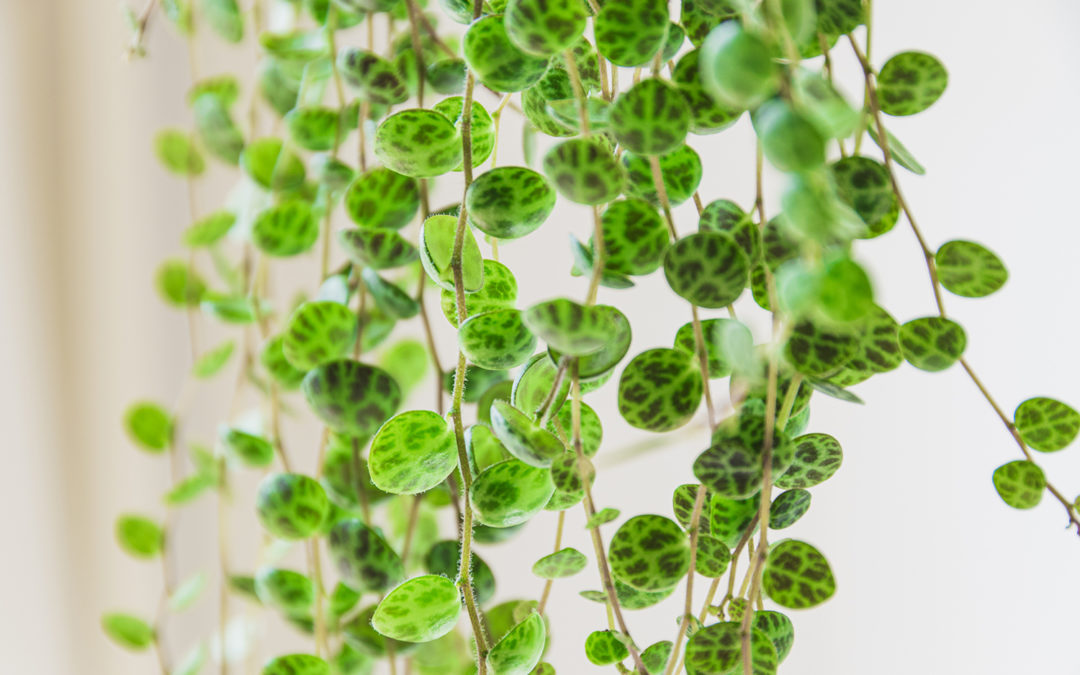Jesus talked about this.
by Cara Strickland
I’M NOT MUCH OF A GARDENER. In my time, I’ve tended a pathetically small group of corn stalks and a modest group of green bean plants. I’ve killed every basil plant I’ve ever bought at the grocery store and every potted plant I’ve ever been given. Maybe that’s part of the reason I hadn’t really connected with Jesus’ words about pruning the vines that aren’t bearing fruit so that the ones remaining can bear more (John 15:1-8).
But during the pandemic, I’ve needed some low-stakes things to care about. Does it matter, in the scheme of things, if my $6 peperomia plant dies? As everything happening around me felt like a life-and-death situation, it was a relief to realize that it didn’t.
As it turns out, this particular plant did well with my benign neglect. It wanted very little water and was content to sit on my dining room table and soak up what sun it could. I would turn it occasionally so that it didn’t lean too far to one side, seeking the light. My first real crossroads came when I noticed some brown leaves here and there.
Parts of the plant were a vivid green, but these didn’t seem to be thriving in the same way. I turned to Google.
After going down a few plantcare rabbit holes, I found what I had been dreading: It was time to do some pruning.
I carefully snipped off the dead leaves. Before long, my plant grew new ones! The fresh leaves unfurled slowly, their light green colors adding to the beauty of the plant. With no more old or diseased leaves to suck up resources and light, the plant grew taller than ever before.
Opportunities to prune emerged in my life. I began saying no to things I didn’t want to do—a surprisingly hard task for a recovering people pleaser. I started to take stock of the people with whom I was choosing to socialize. I noticed how I felt during and after the time spent with them. Then I realized that fear had kept me from admitting that some relationships were over. I’d been afraid of having no one left.
However, I was already lonely in the midst of those friendships. As it turns out, I didn’t end up lonelier without them. In the end, I didn’t do anything dramatic; I just stopped making the first move. Those people didn’t pick up the phone to call or text. We faded out of each other’s lives, but it was no less pruning. According to Jesus, pruning happens so that our joy may be made complete (John 15:11).
In life, we plant more seeds than will thrive. More branches grow than will do well together. God’s gift of growth includes pruning—moving us away from fear and stagnation to joy and abundance.
Though we may be asked to make some pruning decisions in our lives, we are not the Gardener. We can rest secure, rooted in God’s love, called to let go and grow. Maybe the fruit isn’t something we intentionally make, but something we’re conduits for. We get to be part of the flourishing of God’s creation. Pruning isn’t a punishment, but a gift, a way to move forward. When we remove what isn’t working, it’s so much easier to focus on what is.
Cara Strickland writes about food, faith and life from her home in the Pacific Northwest. You can read more of her work at carastrickland.com.
This is an excerpt from the July/August 2022 issue. To read more like it, subscribe to Gather.


